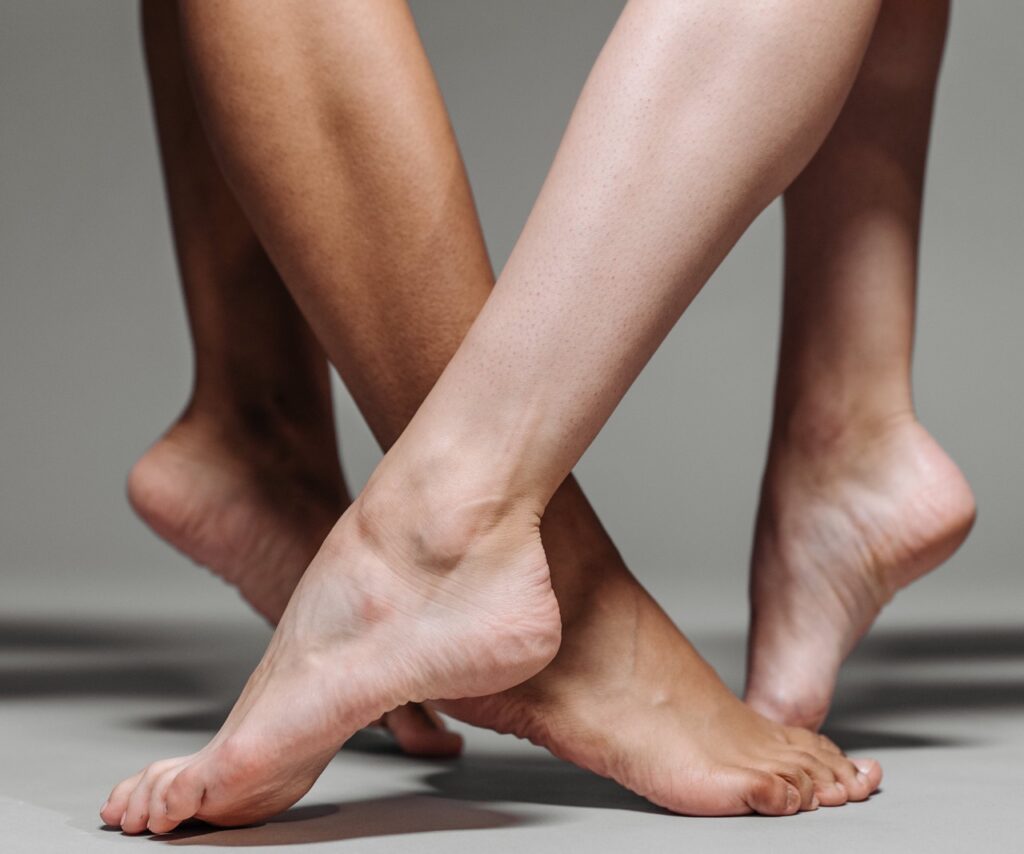Alternative Treatments, Health Conditions
Does Fungus Cause Smelly Feet
Smelly feet can be embarrassing and uncomfortable. Many individuals question what produces foot odor and whether fungus is to blame. We’ll answer the question: Does fungus produce smelly feet?
Fungus can create stinky feet, thus the answer is yes. Foot odor is frequently caused by fungal foot infections. The wet grooves between our toes provide an ideal setting for fungi to grow. Fungi that feed on sweat produce an acid that produces foot odor. So, if you have stinky feet, you could have a fungal infection. However, fungus does not cause all cases of foot odor. Other factors that contribute to foot odor include inadequate cleanliness, excessive sweating, and certain medical problems.
In this article, we will look at the connection between fungus and foot odor. We’ll go over the many types of fungal foot infections and their symptoms. We will also discuss how to avoid and manage foot odor. So, if you’re sick of having stinky feet, keep reading to discover more about this widespread issue.

Understanding Foot Odor and Fungus
Fungus is frequently a contributing element to foot odor. In this section, we’ll look at the connection between fungus and stinky feet and what you can do to avoid it.
The Role of Fungi in Smelly Feet
Fungi are microorganisms that flourish in warm, damp conditions, such as sweaty feet. Fungi that multiply can cause fungal infections such as athlete’s foot, which can cause foot odor. Fungal infections can also cause nail discoloration, thickening, and brittleness.
Sweat and Bacterial Growth
Sweat does not create foot odor; rather, it is caused by bacteria that flourish in sweaty settings. When bacteria degrade perspiration, they emit a foul-smelling odor. You may be more prone to foot odor if you have excessive sweating (hyperhidrosis).
Factors Contributing to Foot Odor
Aside from fungi and bacteria, there are a number of other things that might contribute to foot odor. Foot odor can be exacerbated by poor hygiene, hormonal fluctuations, stress, and a weaker immune system. Wearing synthetic shoes and socks can also trap moisture and contribute to foot odor.
Good foot hygiene is essential for preventing foot odor. This includes cleaning your feet with soap and water every day, properly drying them, and wearing clean socks and shoes. To help avoid fungal infections, you may want to consider using an antifungal powder or spray.
To summarize, fungus is not the only source of foot odor, although it can surely contribute to it. You can lower your risk of acquiring foot odor by taking efforts to prevent fungal infections and practice good foot hygiene.

Prevention and Treatment Options
Home Remedies and Good Hygiene Practices
Good hygiene measures are vital for preventing and treating smelly feet caused by fungus. We recommend cleaning your feet regularly with antibacterial soap and properly drying them, especially between the toes. Furthermore, bathing your feet in a warm water and Epsom salt solution might help eliminate odor and prevent fungal growth. Using talcum powder or antifungal foot powders can also help keep your feet dry and free of odor-causing bacteria. Tea tree oil, which has antifungal characteristics, might also be good in your foot care routine.
Medical Treatments and Antiperspirants
Antiperspirants can be beneficial in lowering excessive perspiration and, as a result, minimizing foot odor for people seeking medical care. For severe cases of foot odor, iontophoresis, a treatment that employs a low-level electric current to control perspiration, and Botox injections may be considered. Furthermore, over-the-counter or prescription antifungal lotions and medicated insoles can aid in the fight against fungal growth and the prevention of stinky feet.
Choosing the Right Footwear and Socks
It is critical to choose appropriate footwear and socks to avoid stinky feet. To enhance air circulation and reduce moisture, use breathable shoes such as sandals or those made of natural materials. When it comes to socks, consider moisture-wicking athletic socks or cotton socks to keep your feet dry. Additionally, try wearing antifungal insoles to help reduce fungal growth and foot odor.

Identifying and Addressing Common Fungal Infections
Foot fungus infections are a prevalent cause of stinky feet. This condition can be caused by a variety of fungal infections. This section will go over some of the most common fungal diseases of the feet, as well as how to recognize and treat them.
Athlete’s Foot and Tinea Pedis
Athlete’s foot, also known as tinea pedis, is a fungal infection of the feet’s epidermis. It is caused by dermatophytes, a type of fungus that thrives in warm, damp settings. Athlete’s foot symptoms include itching, scaly skin, blisters, and leaking.
A podiatrist may take a skin sample and study it under a microscope to diagnose athlete’s foot. Athlete’s foot is typically treated with antifungal medicine such as terbinafine or miconazole. It is critical to keep the feet dry and clean to avoid recurrence of the infection.
Toenail Fungus and Onychomycosis
Onychomycosis, often known as toenail fungus, is a fungal condition that affects the toes. It can cause nail discolouration, thickness, and cracking. Athlete’s foot is frequently caused by the same fungi that cause toenail fungus.
A podiatrist may take a sample of the nail and examine it under a microscope to diagnose toenail fungus. Antifungal medications, such as terbinafine or miconazole, may be used to treat toenail fungus. In rare situations, the diseased nail may need to be removed to allow for the growth of a new, healthy nail in its place.
Lesser-Known Infections and Their Symptoms
Other, lesser-known fungal infections that can affect the feet are included below. One such infection is pitted keratolysis, which is caused by the Corynebacterium bacterium. Pitted keratolysis symptoms include tiny, shallow pits on the soles of the feet and a bad stench.
Candidiasis is another name for a fungal foot illness. This illness is caused by Candida, a yeast that causes redness, itching, and scaling of the skin on the foot.
If you feel you have a fungal infection of the foot, you should consult a podiatrist very away. They can identify the infection and propose the best course of action, which may include the use of antifungal medicine or other treatments.
Conclusion
Smelly feet, often triggered by fungal infections, can be an uncomfortable concern, but my exploration into this topic has provided valuable insights. Reflecting on personal experiences, it’s clear that maintaining good foot hygiene is foundational in preventing and addressing foot odor.
In my own journey, incorporating breathable footwear, practicing regular washing, and opting for moisture-wicking socks have made a noticeable difference. Acknowledging the link between fungal growth and foot odor, I’ve come to appreciate the significance of proactive measures.
Ultimately, combating smelly feet involves a combination of preventive strategies and targeted treatments. From my perspective, embracing these habits has not only addressed the issue but has also contributed to an overall sense of foot well-being.


